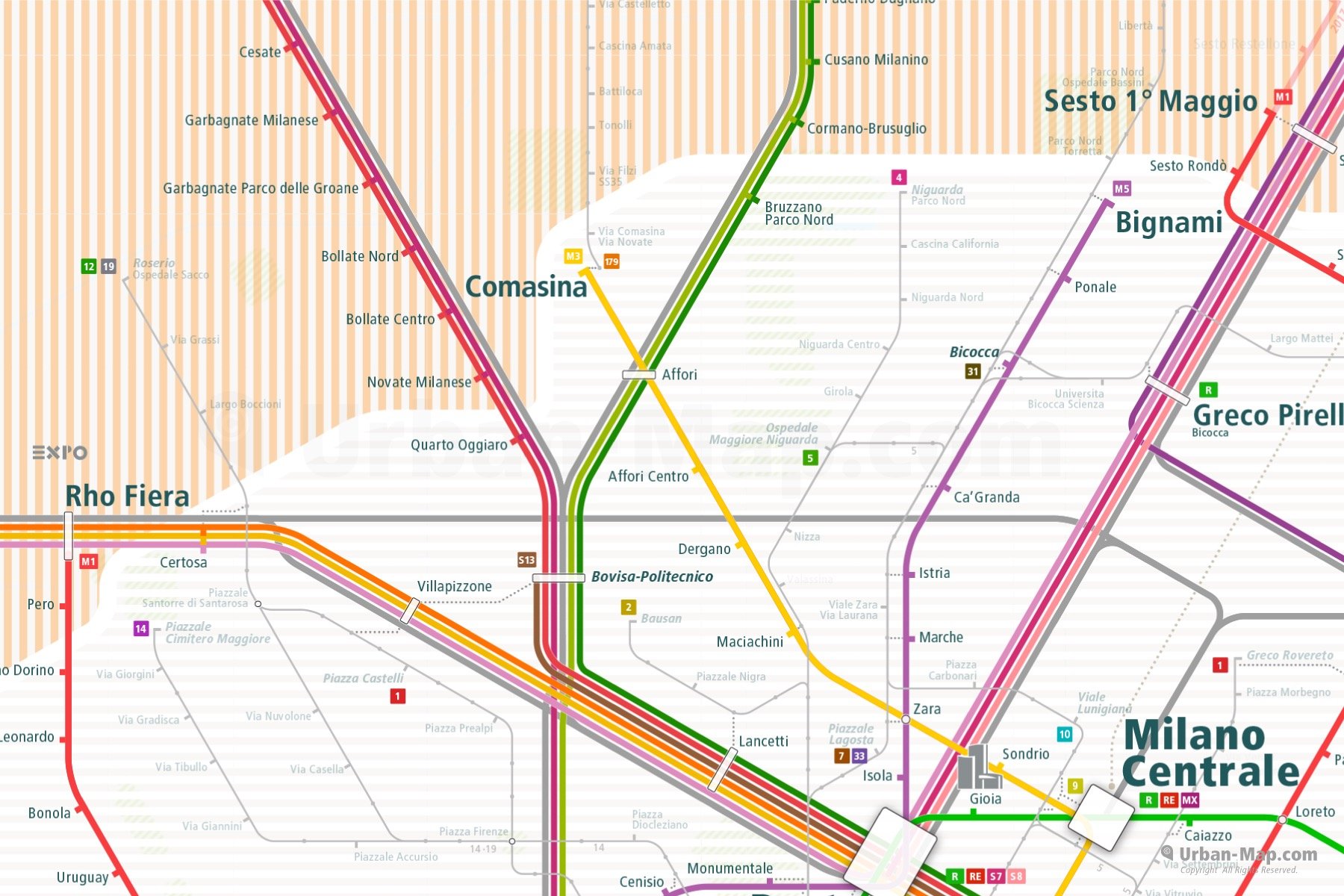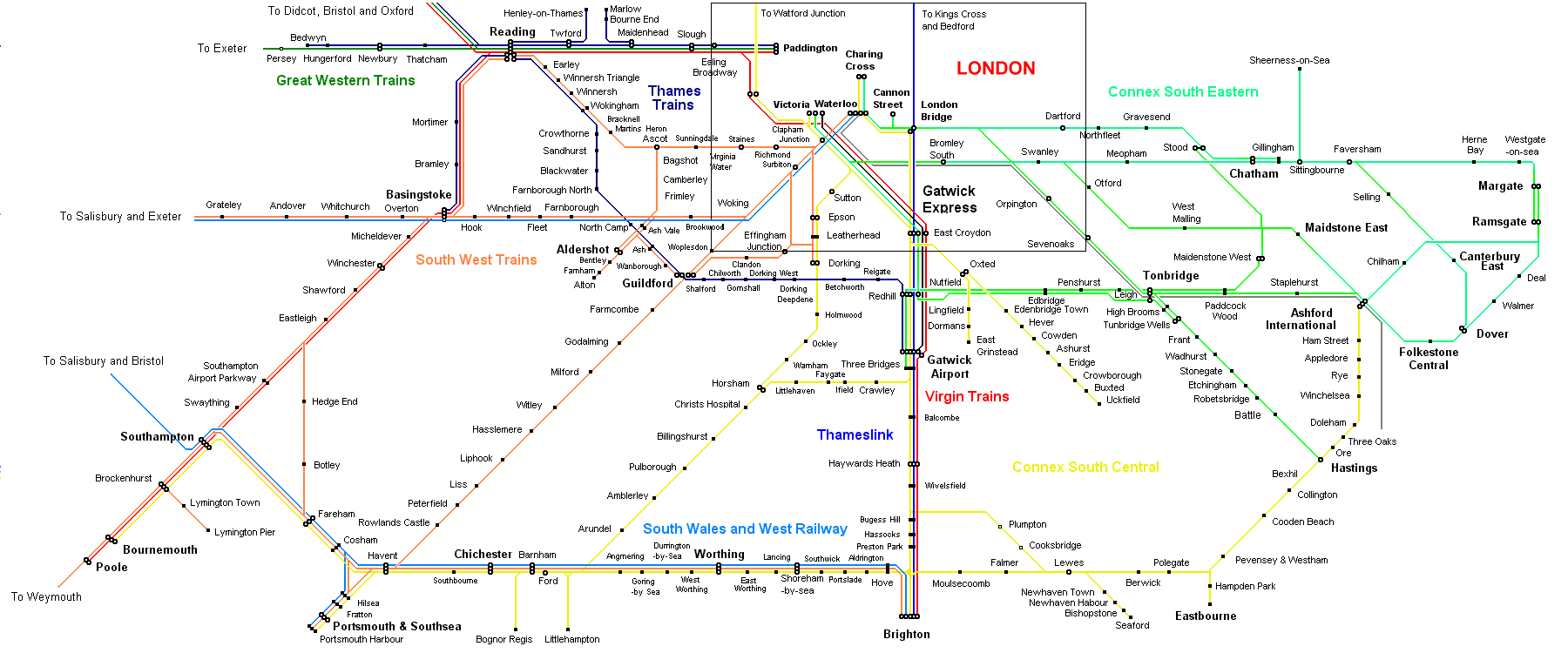
It’s important that you recognize these tricks now, so that you can defend yourself against them, and perhaps one day… There are one or two esoteric differences in their behavior that are usually irrelevant.
The constructions above are indistinguishable performance-wise. The proc is the object that wraps the function, and allows us to pass it around. Well, exactly like methods do, since the signature is really that of their call method. Procs have signatures and arities just like methods do. Stick with the more readable #call unless you have a very good reason.  object.(args) is shorthand for object.call(args). The official docs lay it out pretty well, and it’s nothing that matters to us right now. Those are still Proc objects, just with a couple extra features. Here’s a block, which encloses the behavior of accepting an argument and adding 1 to it: “`"ĭon’t worry about the lambda stuff too much. If you can grasp the difference between objects and keywords, you’ve basically understood the difference between Procs and blocks. > Great, but what’s this have to do with blocks? Methods are objects, right, but keywords are not? The docs go into more detail about the exact mechanism, but suffice to say it doesn’t return anything.įurthermore, puts is a method, while next is a keyword. Next executes an instruction, specifically advancing to the next item in a list. Puts logs its argument to the console, and then returns that same argument after executing, and the REPL happily assign that return to a variable. > baz = next "bar" Synta圎rror: void value expression => nil # attempting to assign a statement to a variable # Ruby v2.3.1 # assigning an expression to a variable Be thankful that our math teacher was a very patient man.) (Think back to 4th grade, when we bravely defied the dogmatic lie that every square was also rectangle. Every expression in Ruby is also a statement, but not all statements are expressions. If you can’t, it’s a statement.” – user ‘Ryan Lam’, May 2017Īn expression *returns a value*. “If you can print it, or assign it to a variable, it’s an expression. This Quora post offers a great rule of thumb (it’s about Python, but applies just as well to Ruby): But also an easy one to overlook, since you-me never studied this stuff as an undergrad. The thing you’ve been missing is the distinction between “statements” and “expressions” – a pretty fundamental concept in computer science. But this is a bit of a gotcha – Ruby does have a class that *implements* block/closure behavior. > Wait, they’re not? I thought “everything in Ruby is an object”. Let’s start by correcting the big misconception that you, my former self, have acquired… “Blocks are Ruby objects” – *this is false.* This isn’t a knock on the authors you’ve read – they’re doing a great job, just targeting an audience with a different knowledge base or learning genome. These are all accurate, but you still feel like you’re missing something. …available in “proc” and “lambda” flavors. …a way of binding functions to environments (this is called a “closure” in Computer Science terms an important concept best described by more academic authors). You’ve seen many sources repeat the same sets of facts about blocks. So you’ve been reading up on “Ruby blocks,” traversing your favorite search engines, link aggregators, and programming forums. I’ve been learning Ruby for a few months now, but there are some concepts I haven’t totally grok’d yet. With the benefit of hindsight, what lessons do I wish I had learned sooner? If I could guide myself over these hurdles, how would I do it? Maybe, something like this… Things worked out alright in the end, but as a complete novice, there were certain topics I struggled with more than other. Luckily, that was around the same time I discovered two other things: my love of self-teaching, and the Ruby language. This is the position in which I discovered myself, back in late 2014.
object.(args) is shorthand for object.call(args). The official docs lay it out pretty well, and it’s nothing that matters to us right now. Those are still Proc objects, just with a couple extra features. Here’s a block, which encloses the behavior of accepting an argument and adding 1 to it: “`"ĭon’t worry about the lambda stuff too much. If you can grasp the difference between objects and keywords, you’ve basically understood the difference between Procs and blocks. > Great, but what’s this have to do with blocks? Methods are objects, right, but keywords are not? The docs go into more detail about the exact mechanism, but suffice to say it doesn’t return anything.įurthermore, puts is a method, while next is a keyword. Next executes an instruction, specifically advancing to the next item in a list. Puts logs its argument to the console, and then returns that same argument after executing, and the REPL happily assign that return to a variable. > baz = next "bar" Synta圎rror: void value expression => nil # attempting to assign a statement to a variable # Ruby v2.3.1 # assigning an expression to a variable Be thankful that our math teacher was a very patient man.) (Think back to 4th grade, when we bravely defied the dogmatic lie that every square was also rectangle. Every expression in Ruby is also a statement, but not all statements are expressions. If you can’t, it’s a statement.” – user ‘Ryan Lam’, May 2017Īn expression *returns a value*. “If you can print it, or assign it to a variable, it’s an expression. This Quora post offers a great rule of thumb (it’s about Python, but applies just as well to Ruby): But also an easy one to overlook, since you-me never studied this stuff as an undergrad. The thing you’ve been missing is the distinction between “statements” and “expressions” – a pretty fundamental concept in computer science. But this is a bit of a gotcha – Ruby does have a class that *implements* block/closure behavior. > Wait, they’re not? I thought “everything in Ruby is an object”. Let’s start by correcting the big misconception that you, my former self, have acquired… “Blocks are Ruby objects” – *this is false.* This isn’t a knock on the authors you’ve read – they’re doing a great job, just targeting an audience with a different knowledge base or learning genome. These are all accurate, but you still feel like you’re missing something. …available in “proc” and “lambda” flavors. …a way of binding functions to environments (this is called a “closure” in Computer Science terms an important concept best described by more academic authors). You’ve seen many sources repeat the same sets of facts about blocks. So you’ve been reading up on “Ruby blocks,” traversing your favorite search engines, link aggregators, and programming forums. I’ve been learning Ruby for a few months now, but there are some concepts I haven’t totally grok’d yet. With the benefit of hindsight, what lessons do I wish I had learned sooner? If I could guide myself over these hurdles, how would I do it? Maybe, something like this… Things worked out alright in the end, but as a complete novice, there were certain topics I struggled with more than other. Luckily, that was around the same time I discovered two other things: my love of self-teaching, and the Ruby language. This is the position in which I discovered myself, back in late 2014. 
In fact, you’ve been out of college for almost two years, and you’re only just now figuring out that “software developer” could be your dream job. Wait, that wasn’t uncomfortable? Try this one: You love programming, and you squandered every chance to study it in school.


Just talk yourself through it… Imagine yourself arriving at an uncomfortable realization: You love programming. If you’re teaching yourself, you’re bound to run into a roadblock. Ruby blocks are tricky, but they’re powerful and worth understanding.








 0 kommentar(er)
0 kommentar(er)
